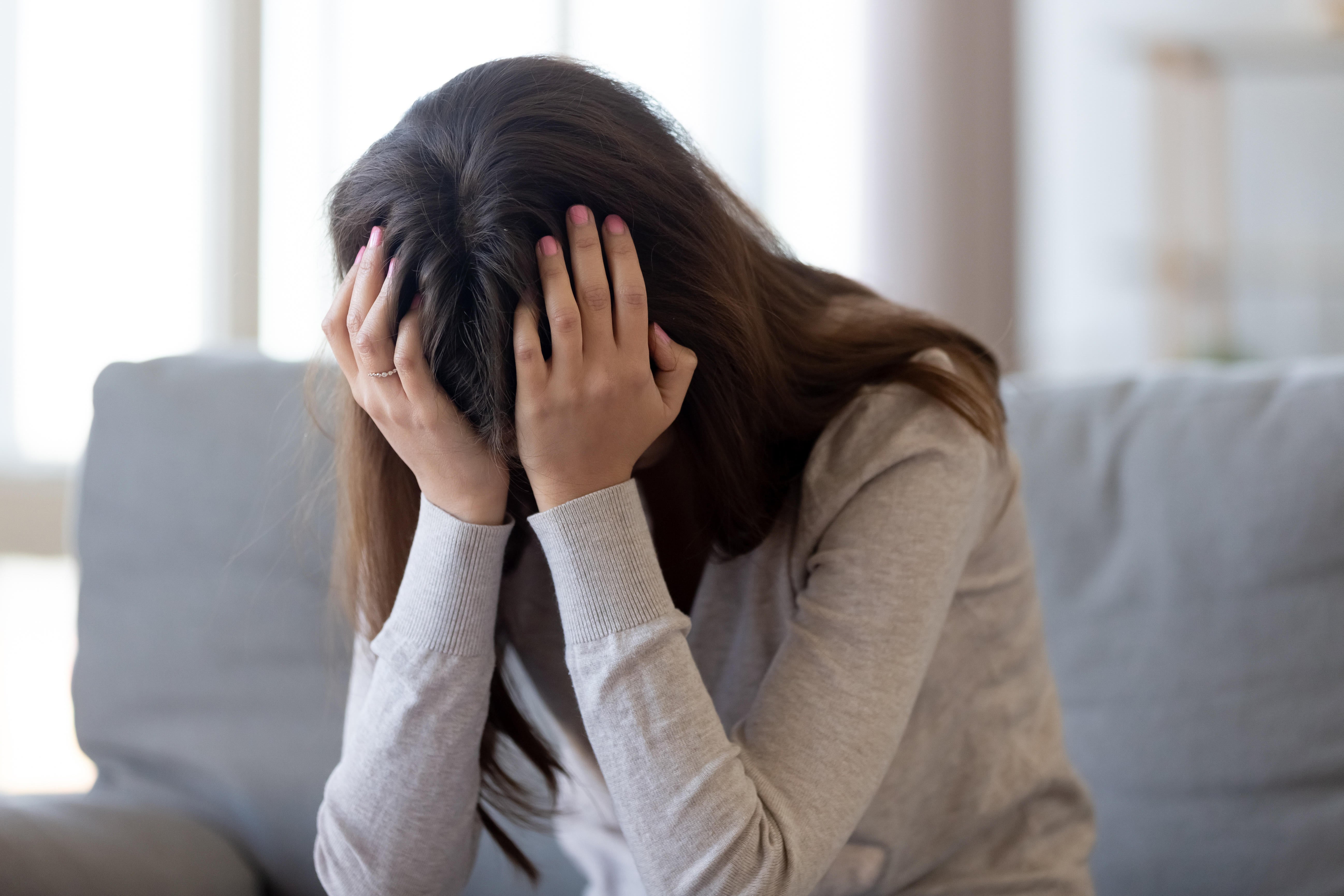‘Doom scrolling’ on your phone makes you depressed, new study finds
Researchers find that people consuming negative content feel worse

New research has revealed that ‘doom scrolling’ too much on your phone can make you more depressed.
A study carried out by scientists at the University College London (UCL) has found what many have suspected since the rise of smartphones - that using them too much in the wrong way can make you feel much worse.
Doom scrolling typically occurs when people consume negative or depressing content on social media for excessive periods of time.
The research, published in the journal Nature Human Behaviour, suggests that those who have worse mental health are more likely to read negative content online. In turn, the researchers also found that people being shown negative content were made to feel worse.
The series of experiments involved 1,000 people who went under psychological tests and were then made to browse the internet for 30 minutes before providing their history.

The researchers then analysed the language used on the websites in their search history which revealed those with worse mental health viewed negative content.
Further tests - in which researchers changed the websites individuals read - sought to figure out whether the pattern was cause or effect.
It found that there was an element of both, and that people who were given more negative content to read felt worse before going on to find more negative content in a destructive spiral.
The study used information found in participants’ browser history, but could not assess social media use due to issues with accessing the history of password-protected websites.

“Lots of people are saying that there is a correlation between poor mental health and internet use,” Tali Sharot, professor of cognitive neuroscience at University College London who authored the study told The Times.
“We spend many hours online, and as humans, we only just started doing so in the last few years. Is it causing problems?”
Sharot has helped create an app to help people make better choices in the content they consume online.
“Our idea is we need to have more awareness about what we are consuming before we consume. It is analogous to the supermarket,” she told The Times.
“If you buy a chocolate bar, it tells you on the label how much sugar, fat and salt it has. Then you can make a decision. And the decision is different based on your goals — if you are running a marathon you want high calories. If you are concerned about your weight, you don’t.”
Join our commenting forum
Join thought-provoking conversations, follow other Independent readers and see their replies
Comments